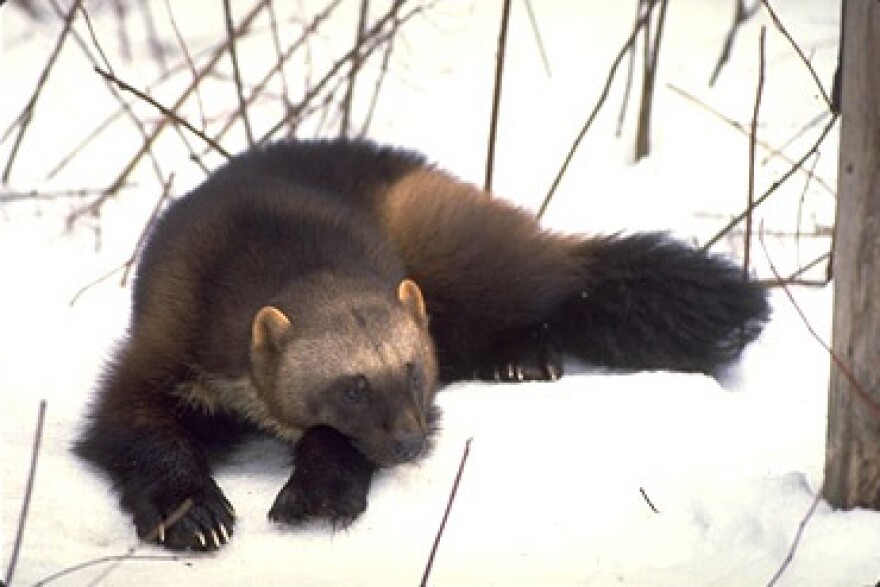We were making our way down the Bitterroot River. I said to Chinook: “I’ll be Lewis; you can be Clark.” Then I reconsidered. “We’ll both be Sacagawea – since, historically, probably more than one Indian woman filled that role.” Chinook wasn’t listening. He was working hard to plow through water up to his belly and keeping an eye out for fish.
It was a sweaty August day and we looked more like an escaped circus act than intrepid explorers. I’d been running and was wearing only shorts and a jog bra. At least I’d changed into cowboy boots. Chinook had on a snaffle bit and the merest slip of an English saddle. I wanted to fancy myself a cowboy, but instead of a sensible, big-headed, muscle-butt quarter horse, I was riding a dish-faced, prance-y young Arabian gelding who shied at fish. And deer. And sometimes rocks.
We left the riverbed and continued along the bank. I was babbling away, talking about the mythology of the West, the comfort of being nestled between the Bitterroots and the Sapphires, what a good horse he was, when Chinook planted both forefeet and halted, nostrils flaring. His petite ears stopped swiveling and tuned in dead-ahead, trained on a big, rotting log and the thing that was on it.
It was a furry, squat something; the size of a large dog, bear-like, dark brown, with short, almost silly, legs, a lush bushy tail, triangular head, and blonde highlights along its back. I identified it immediately – as an enigma. I wanted to get a closer look. Chinook had seen enough and thought we should go back to the river. But I urged him on, appealing to his spirit of adventure and exploration, reassuring him with my legs and seat, and promises of carrots.
We got closer. The animal didn’t bother to notice us. He continued ambling, off the log, heading out into the open field. We followed for a while, and then he lost us.
When I got back I described what I’d seen to my friend Dan, an environmental historian, resident of the Bitterroot, and a bit of an adventurer himself. “Sounds like a wolverine,” he said, though he added that you almost never see them. A wolverine? All I could think of was Michigan basketball. He took out a well-thumbed field guide and showed me a mug shot. Yep. Wolverine.
Recently I stopped by the office of a wildlife biologist. Stuffed, snarling, high above his desk, was my enigma. “Hey,” I said, before I’d even introduced myself, “what’s that?” He told me and was astonished by my story. “I’ve been studying them for years,” he said, “and have never seen one in the wild.”

Wolverines are oversized members of the weasel family. They were thought to be gone from Montana by 1920, but have made a comeback. They like to live in rugged, isolated places and as such are partial to Western Montana and Idaho. It’s not so much their scarcity but their habits that make them elusive. They’re travelers, explorers, covering up to 15 miles a day. Their Latin name is Gulo gulo, derived from the word “glutton.” In fact, the animal I saw looked plenty well fed.
That summer day – me and Chinook playing in the Bitterroot – would have been perfect even if we hadn’t encountered the enigma. But how great is it when bumbling, untutored, half-dressed, high-strung, pretend-adventurers happen onto something special. And rare. It’s why we go outdoors. I’m convinced I’m going to see another wolverine. And even if I don’t, I won’t stop looking.
"Field Notes" is produced by the Montana Natural History Center.
(Broadcast: "Fieldnotes," 8/28/95 and 9/02/16. You can hear the program on the radio Sundays at 12:55 p.m., Tuesdays at 4:54 p.m., and Fridays at 4:54 p.m., or listen via podcast.)



